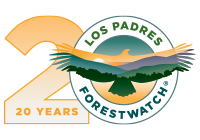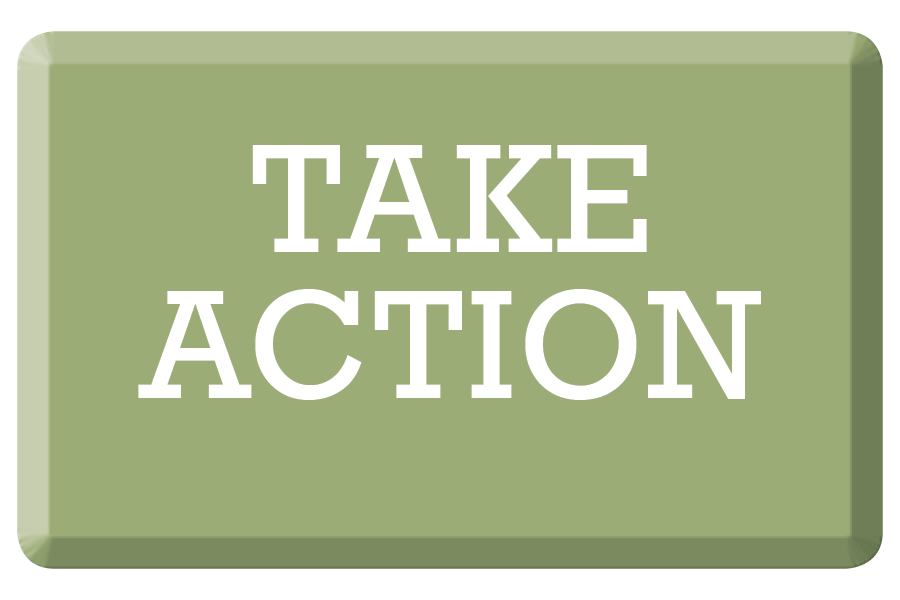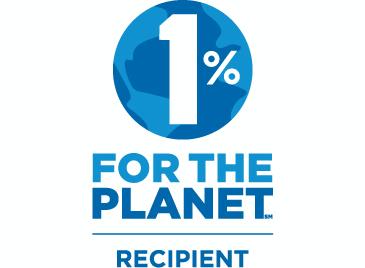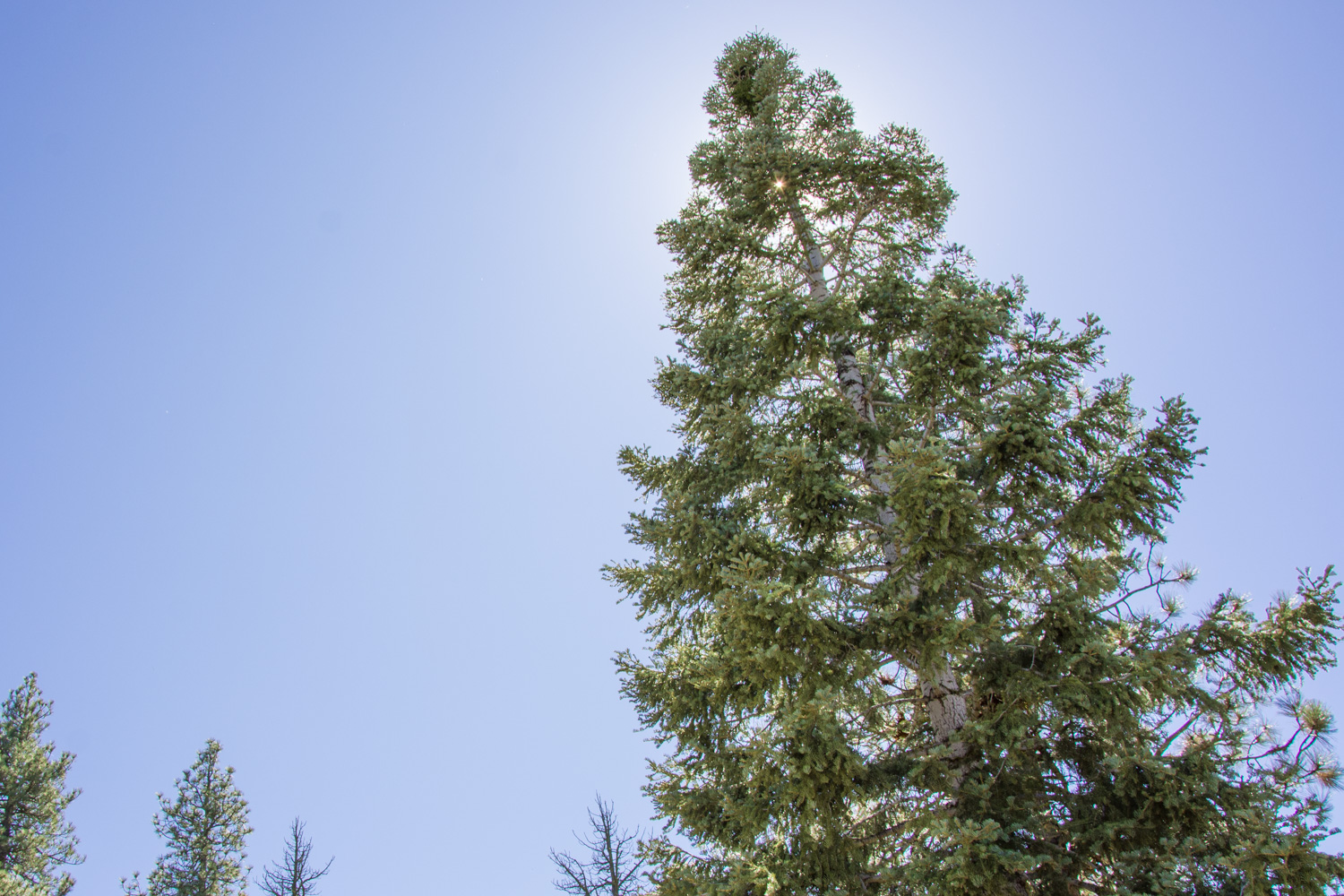BAKERSFIELD, Calif.— Community and conservation groups, the State of California, and the U.S. Bureau of Land Management reached an agreement today to suspend new oil and gas leasing across more than one million acres of public lands in California’s Central Valley and Central Coast.
The agreement resolves lawsuits filed in 2020 challenging a Trump administration plan to expand drilling and fracking in Fresno, Kern, Kings, Madera, San Luis Obispo, Santa Barbara, Tulare and Ventura counties. The lawsuits—filed by environmental justice, conservation and business groups and the state of California—cited the Bureau’s failure to consider fracking’s potential harm to public health and recreation in the region, as well as harm to the climate and possible groundwater and air pollution. In addition, the Bureau’s plan would have allowed drilling and fracking to occur near state parks and beaches, national parks, forests, wildlife refuges, the Pacific Crest Trail, and Carrizo Plain National Monument. Several schools, reservoirs, ecological reserves, and other community landmarks were also at stake. Click here for a list of areas protected by today’s agreement, and click below for an interactive map showing which areas were slated to be opened to drilling and fracking.
It marks the third victory in conservationists’ long-running battle against plans to expand drilling in central California following similar wins in 2013 and 2016. These legal actions prevented new onshore oil and gas leasing in California from 2012 to 2020, a moratorium that is now back in place following today’s agreement.
Under the agreement filed in U.S. District Court in Los Angeles, the Bureau will prepare a supplemental environmental report and, based on that analysis, consider whether the amend the agency’s management plan that governs where and how drilling can occur. Changes to the management plan could include more stringent standards to protect the environment and public health, and placing certain lands off-limits to drilling or fracking altogether.
The agency will hold at least one public meeting, provide several opportunities for the public to provide input, and prepare materials for Spanish-speaking communities disproportionately affected by pollution. The federal government will not offer any new leases for oil drilling until this new evaluation is complete, which could take one to two years or more.
Statements
The groups that secured today’s agreement include Center for Biological Diversity, Central California Environmental Justice Network, Los Padres ForestWatch, National Parks Conservation Association, Natural Resources Defense Council, Patagonia Works, Sierra Club, and The Wilderness Society. They were represented by Earthjustice and Center for Biological Diversity. The State of California filed a separate suit and reached a similar agreement today. They issued the following statements:
“These agreements require federal officials to disclose the harm that fracking does to the air, water and communities of Central California,” said Liz Jones, an attorney at the Center for Biological Diversity. “For decades this region’s people and wildlife have been paying the price of filthy fossil fuel extraction. That has to end, and we’ll do everything possible to make sure these pauses become permanent bans.”
“Protecting public lands is not only a step forward, but also a way to prevent several steps back,” said Cesar Aguirre, a senior organizer with the Central California Environmental Justice Network. “Using public lands to prop up the oil industry is dangerous to our green spaces and communities. We must protect our public lands not only for us to enjoy, but for us to protect Earth.”
“Today’s agreement protects the iconic landscapes that define central California, safeguards public health, and moves us closer to a cleaner energy future,” said Jeff Kuyper, executive director of Los Padres ForestWatch. “Fossil fuel extraction has wreaked havoc on our public lands, our farms and our neighborhoods for far too long. We now have an opportunity to chart a new course for safe and healthy communities throughout our region.”
“The future of our business depends on the health of the planet, especially the wild places loved by our community,” said Hans Cole, head of environmental activism at Patagonia. “We’re grateful to have worked with our NGO partners to require a full evaluation of the impacts of drilling and fracking on public lands in Central California. This is a win for the environment.”
“This agreement provides a long overdue reprieve for local communities and nearby national parks like Sequoia and Kings Canyon, which already face climate change driven drought, high temperatures and annual wildfires, as well as some of the worst air quality in the nation,” said Mark Rose, Sierra Nevada program manager with National Parks Conservation Association. “Opening up over one million acres for oil and gas drilling in one of the most polluted regions of the country was an egregious decision by the Bakersfield Bureau of Land Management under the previous administration, and we are happy to see the Biden administration taking steps to protect California’s overburdened communities and environment.”
“Central Valley residents and grassroots activists work every day to make their communities healthy, and today they got a win in the fight against air and groundwater pollution from oil and gas development,” said Daniel Rossman, California deputy director with The Wilderness Society. “This agreement represents an important step towards ensuring our public lands are managed to prioritize people, clean air, clean water, and climate over fossil fuel industry profits.”
“Today’s win is a testament to the grassroots activism of Central Valley communities, who have fought oil and gas leasing in their backyards and supported people, public health, wildlife and climate,” said Nathan Matthews, a Sierra Club senior attorney. “Temporarily halting drilling on these lease parcels in Kern County is an important step toward stopping the unconscionable move of opening up new federal public lands for oil and gas leasing in the Central Valley, a region already overburdened by impacts of oil and gas extraction. The Biden administration should implement a moratorium on oil and gas leasing on federal public lands.”
“This is a win not only for the environment and climate, but for the people who call Kern County home,” said Hallie Templeton, legal director for Friends of the Earth. “It is a disgrace that the federal government attempted to greenlight these leases without fully analyzing impacts on communities living nearby. Our victory has also worked to secure Spanish translation of pertinent documents, and live translation at public hearings, so that all stakeholders can truly have a seat at the table.”
“The Bureau has repeatedly authorized oil and gas development in Central California without taking a hard look at the severe consequences to local communities or the environment,” said Michelle Ghafar, senior attorney with Earthjustice. “The agency must stop and fully evaluate the community and environmental impacts of all the oil and gas expansion it is authorizing on public land in order to comply with the law.”
“Fracking on California’s public lands in the midst of our climate crisis and drought was always a pretty dubious idea and was straight-up unacceptable without proper environmental review,” said Ann Alexander, a senior attorney with Natural Resources Defense Council. “It’s crucial that the BLM takes the time to evaluatewhat opening up these lands to drilling would look like for local communities, who already live with crippling water shortages and some of the worst air in the country.”
“Fracking is dangerous for our communities, damaging to our environment, and out of step with California’s climate goals,” said California Attorney General Rob Bonta in a statement on behalf of Governor Gavin Newsom, the California Air Resources Board (CARB), the California Department of Fish and Wildlife (CDFW), and the California Department of Water Resources (DWR). “The Trump Administration recklessly opened Central California up to new oil and gas drilling without considering how fracking can hurt communities by causing polluted groundwater, toxic air emissions, minor earthquakes, climate impacts, and more. In keeping with the Bureau of Land Management’s mission to preserve the health of our public lands, it must reassess this Trump-Era mistake.”
Background
Fossil fuel extraction on federal public lands causes nearly a quarter of U.S. greenhouse gas pollution, worsening the climate and extinction crises and disproportionately harming Black, Brown, Indigenous and low-wealth communities.
Peer-reviewed science estimates that a nationwide federal fossil fuel leasing ban would reduce carbon emissions by 280 million tons per year, ranking it among the most ambitious federal climate policy proposals in recent years.
Oil and gas extraction uses well pads, gas lines, roads and other infrastructure that destroys habitat for wildlife, including threatened and endangered species. Oil spills, leaks and other harms from drilling have done immense damage to wildlife and communities. Fracking and drilling also pollutes watersheds and waterways that provide drinking water to millions of people.







Comments are closed.